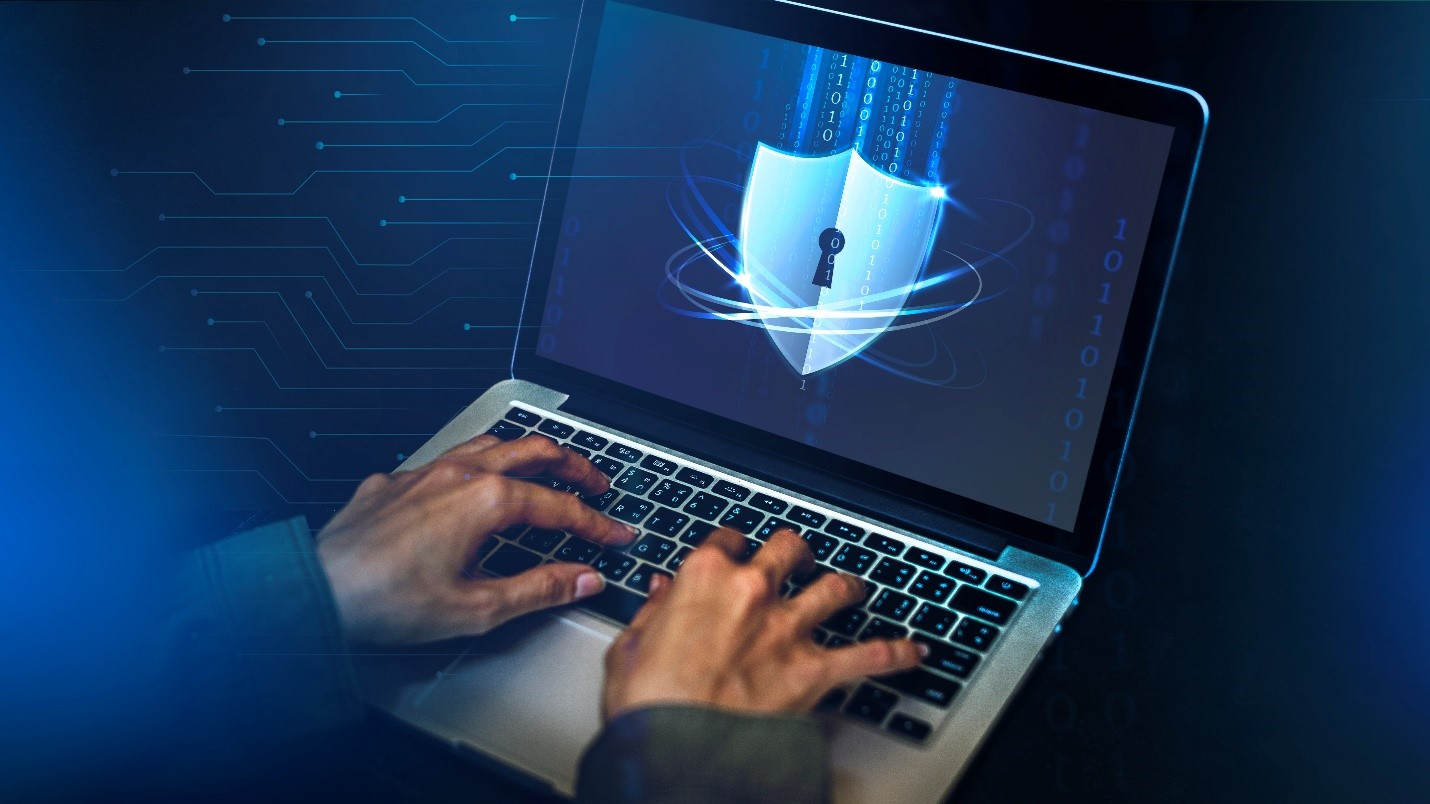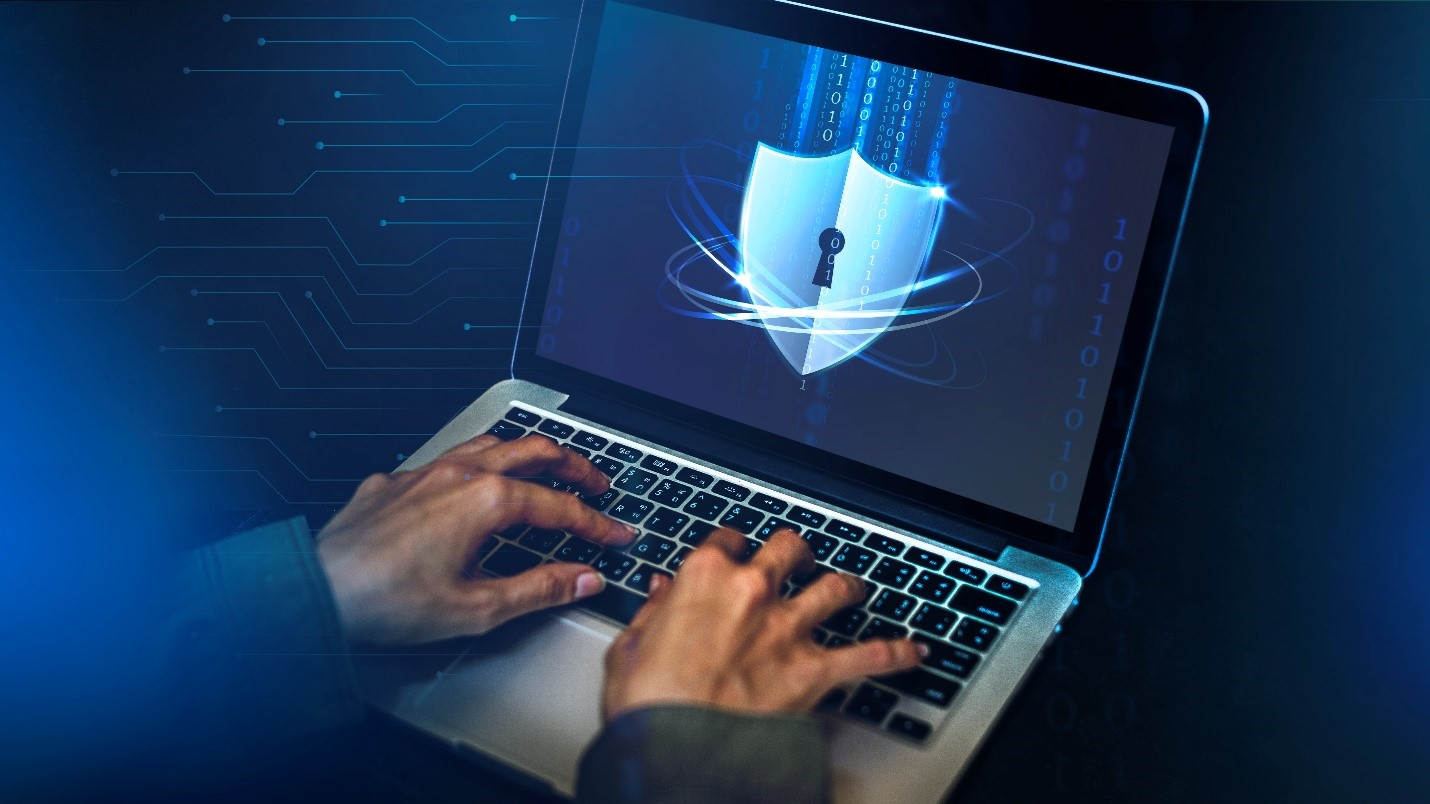As a homeowner’s association (HOA) board member, protecting your personal information and your community's sensitive data is crucial. In today's digital world, implementing strong internet security practices is vital to protect against cyber threats. Here are five key strategies to enhance your internet security.
1. Use Strong, Unique Passwords
Why:
Strong passwords are crucial for safeguarding your accounts from unauthorized access. Weak passwords can be easily cracked by hackers, putting your sensitive information at risk.
Tip:
Come up with passwords using a combination of upper- and lower-case letters, numbers, and special characters such as exclamation marks or dashes. Avoid common words or easily guessable information like "password.” You can use a password manager to manage these complex passwords. This tool securely stores all your passwords, allowing you to maintain strong, unique passwords for all your accounts without remembering each one.
- Guidelines for strong passwords:
- Make the password at least 12 characters
- Use a mix of uppercase and lowercase letters, numbers, and special characters
- Avoid using common words and phrases
- Use different passwords for each account
- Consider using a passphrase (series of random words or a sentence)
2. Enable Two-Factor Authentication (2FA)
Why:
Two-factor authentication (2FA) adds an extra layer of security by requiring a password, username, and something only the user has on them, such as a code sent to their phone or generated by an authentication app.
Tip:
Enable 2FA on all accounts that support it. Usually, this involves receiving a code on your phone or using an authentication app like Google Authenticator. This additional step ensures that if someone guesses your password, they won't be able to access your account without the second factor.
3. Be Wary of Phishing Scams
Why:
Phishing scams are attempts to obtain personal, sensitive information such as usernames, passwords, and financial details by pretending to be trustworthy in electronic communications.
Tip:
Use caution with unsolicited emails or messages asking for personal information. Avoid following links or opening attachments from unknown sources. Verify the sender's email address and look for subtle URL changes that might indicate a scam (e.g., "l0wes.com instead of lowes.com”). If you get a suspicious message, contact the sender using a known, trusted method to confirm its legitimacy.
Verify the sender's email address and look for subtle URL changes that might indicate a scam (e.g., "l0wes.com instead of lowes.com”). If you get a suspicious message, contact the sender using a known, trusted method to confirm its legitimacy.
4. Keep Your Software Up to Date
Why:
Software updates often include repairs for security weaknesses that hackers can exploit. Keeping your software updated ensures you have the latest protections against new threats.
Tip:
Regularly update your operating system, apps, and antivirus software to their latest versions. Most devices and applications offer automatic updates—enable this feature to ensure you're always protected without remembering to update manually. This simple step can reduce your vulnerability to cyber-attacks
5. Be Cautious with Public Wi-Fi
Why:
Public Wi-Fi networks aren’t as secure as private ones (for example, your password-protected Wi-Fi at home), making it easier for attackers to retrieve your data. Using public Wi-Fi without safety precautions can expose your sensitive information to cybercriminals.
Tip:
Don’t access sensitive information or conduct financial transactions over public Wi-Fi. If you must use public Wi-Fi, use a Virtual Private Network (VPN) to encrypt your internet connection. A VPN creates a secure, encrypted tunnel for your data, making it much harder for anyone to intercept or steal your information.
Conclusion
Implementing these internet security tips can greatly enhance your overall security posture. You safeguard your personal information and the community's sensitive data by using strong, unique passwords, enabling two-factor authentication, staying vigilant against phishing scams, keeping your software updated, and being cautious with public Wi-Fi.
As a community association board member, your role in promoting and maintaining a secure online environment is vital. Share these practices with your fellow board members and residents to foster a culture of cybersecurity within your community.


